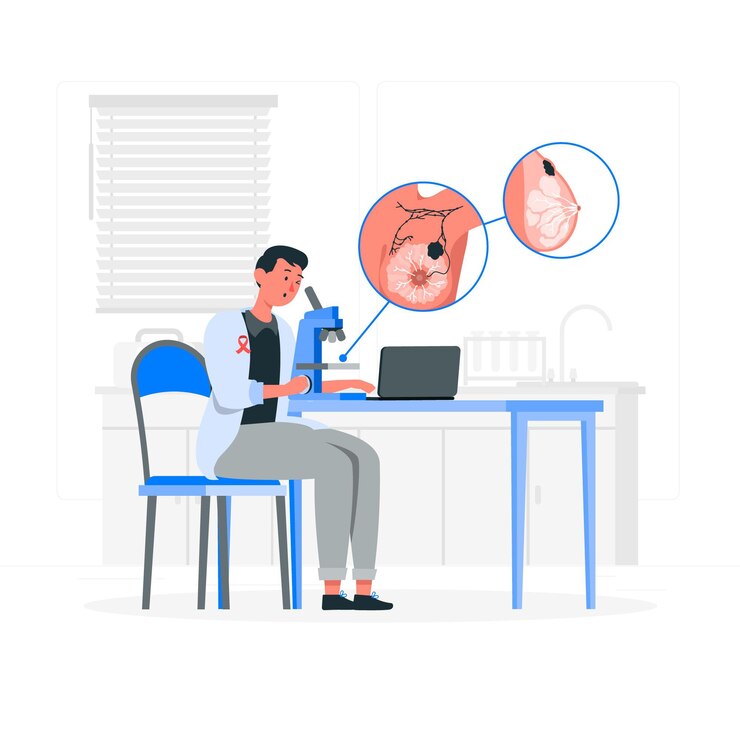
Understanding Diagnostic Tests for Kidney Failure: A Simple Guide
Diagnosing kidney failure involves various tests to assess kidney function and determine the underlying cause of the condition. Here’s a straightforward explanation of the diagnostic tests commonly used:
Introduction:
Diagnostic tests play a crucial role in identifying kidney failure and determining its severity. Understanding these tests can help individuals take proactive steps towards managing their kidney health effectively. In this simple guide, we’ll explore common diagnostic tests for kidney failure in easy-to-understand language suitable for everyone.
-
Urinalysis: A urinalysis is a simple test that examines a sample of urine for various substances and abnormalities. It can help detect protein, blood, and other signs of kidney damage. A urinalysis is often one of the first tests performed when kidney problems are suspected.
-
Blood Tests: Blood tests such as serum creatinine and blood urea nitrogen (BUN) levels are used to assess kidney function. Elevated levels of these substances in the blood can indicate reduced kidney function. Glomerular filtration rate (GFR) is another important blood test that estimates how well the kidneys are filtering waste from the blood.
-
Imaging Tests: Imaging tests such as ultrasound, CT scan, or MRI may be used to visualize the kidneys and surrounding structures. These tests can help identify structural abnormalities, kidney stones, or blockages that may be contributing to kidney dysfunction.
-
Kidney Biopsy: A kidney biopsy involves taking a small sample of kidney tissue for examination under a microscope. This test may be recommended to diagnose the underlying cause of kidney disease or assess the extent of kidney damage.
-
Urine Albumin-to-Creatinine Ratio (UACR): UACR is a test that measures the amount of albumin (a type of protein) in the urine relative to creatinine. It is used to screen for kidney damage in individuals with diabetes or high blood pressure, which are common risk factors for kidney disease.
Discover easy-to-understand explanations of diagnostic tests for kidney failure. Learn how to interpret results and manage kidney health effectively with this simple guide.
Conclusion:
Diagnostic tests for kidney failure play a crucial role in early detection, diagnosis, and monitoring of the condition. By understanding these tests and their significance, individuals can work with their healthcare providers to develop an appropriate treatment plan and take proactive steps to protect their kidney health.
To seek medical advice, always consult a Doctor. Here are our recommended experts. Click here
To read more on Kidney failure. Click Here


